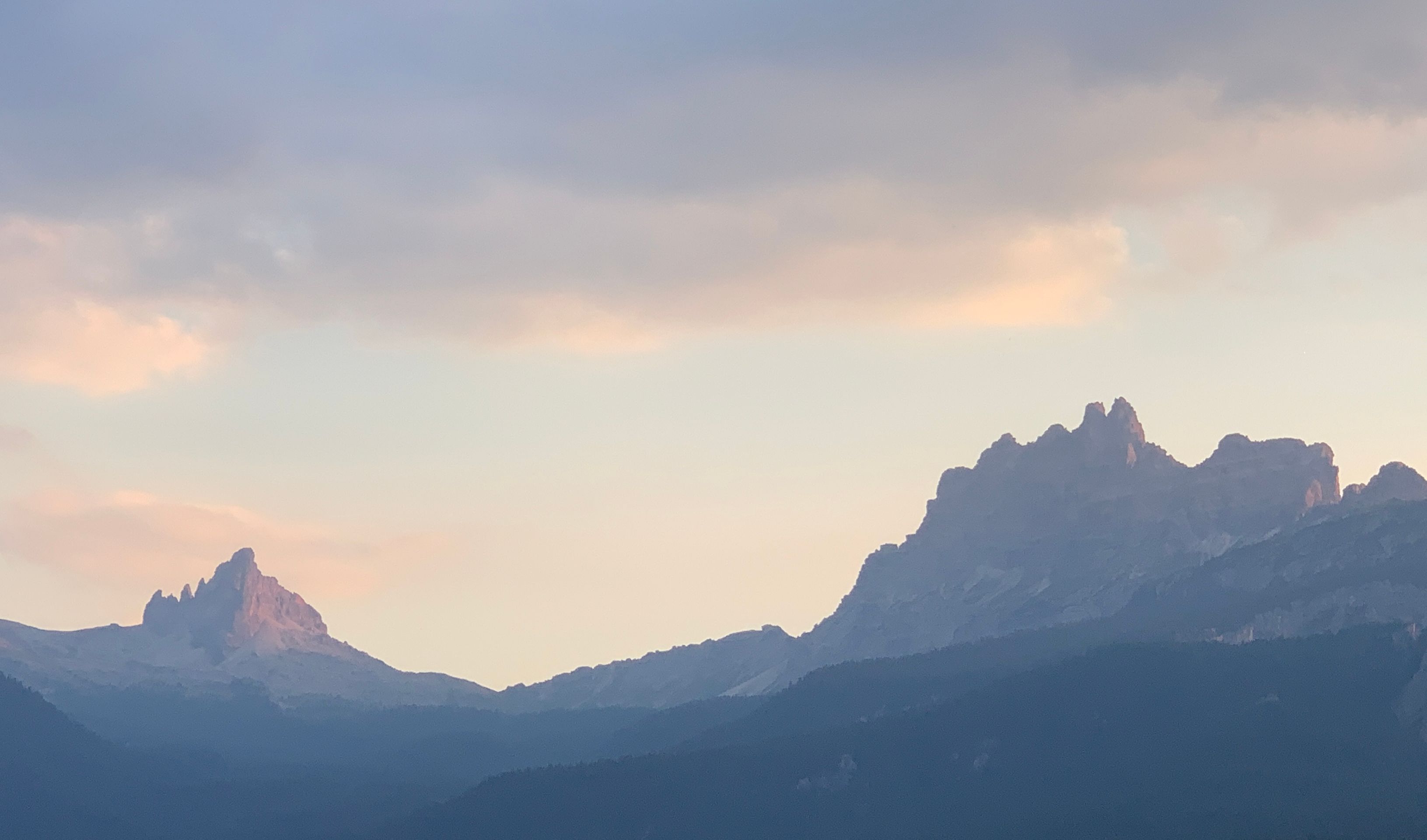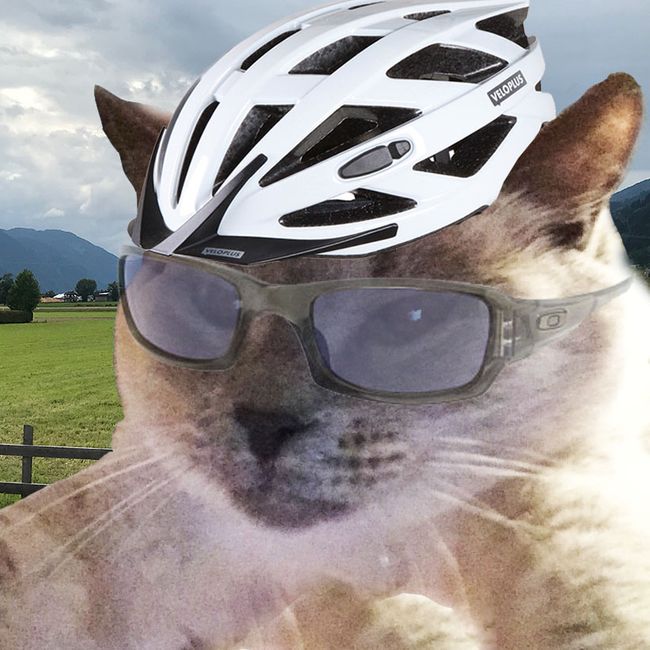Boating holidays on the Mecklenburg Lake District
ที่ตีพิมพ์: 30.07.2019
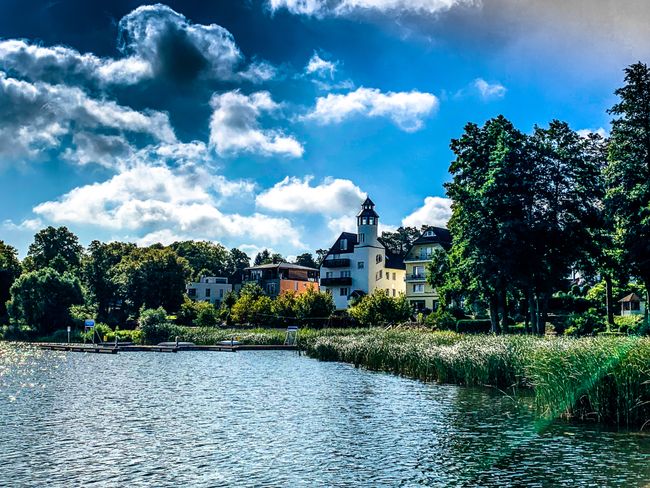
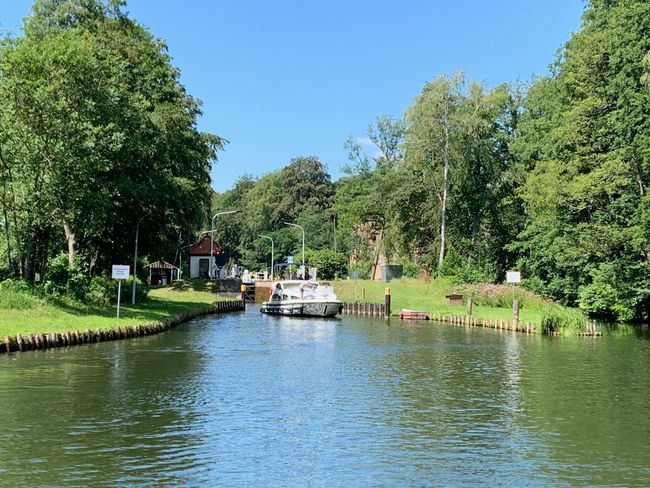
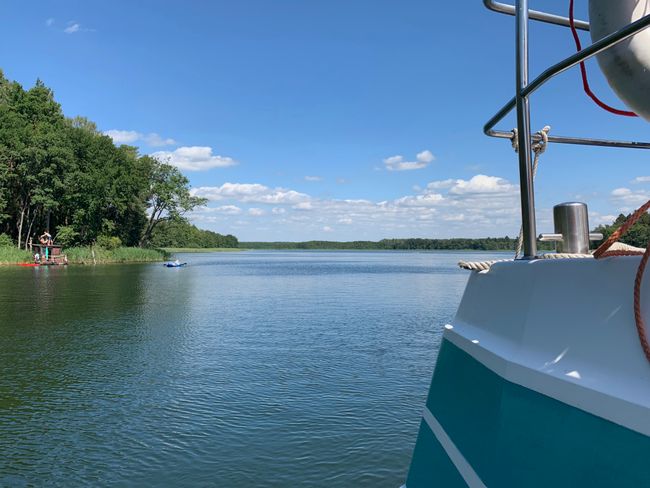
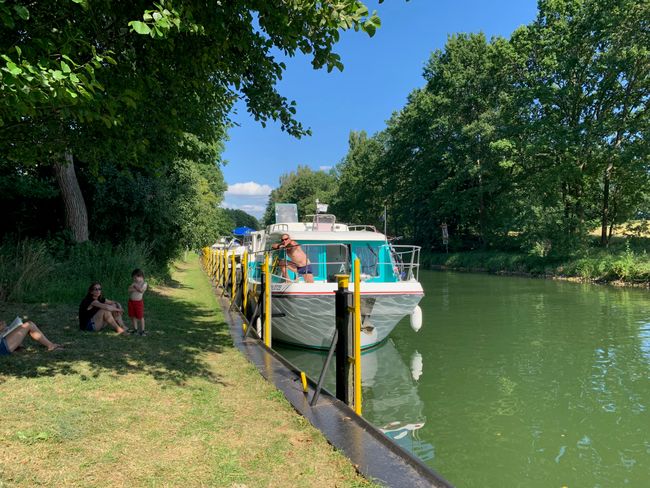
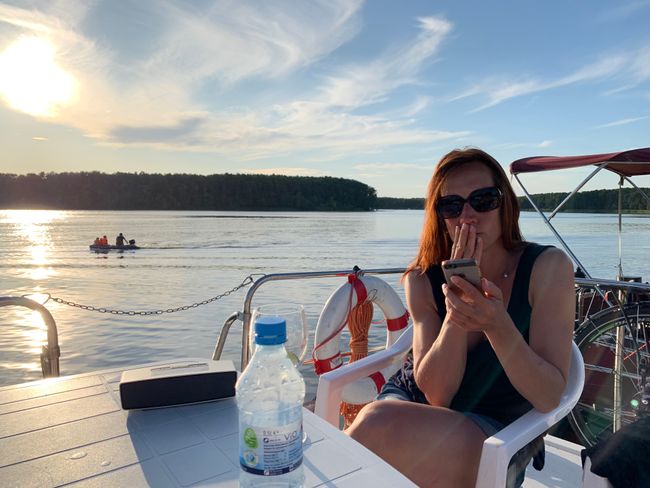
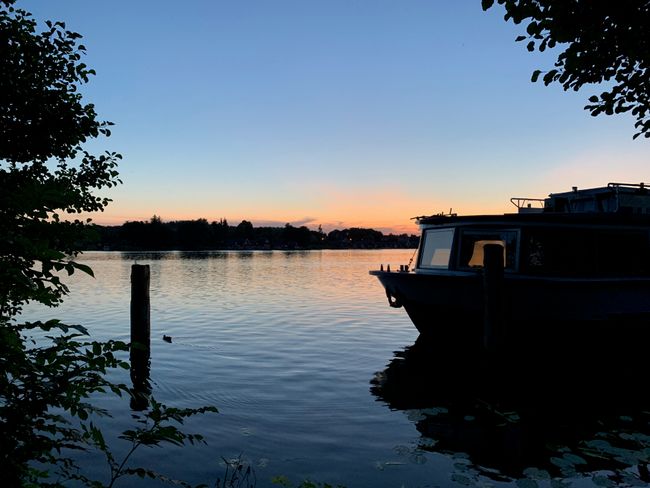
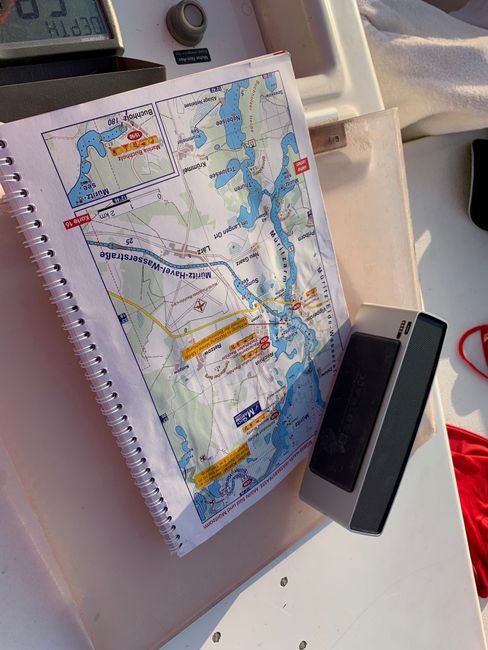
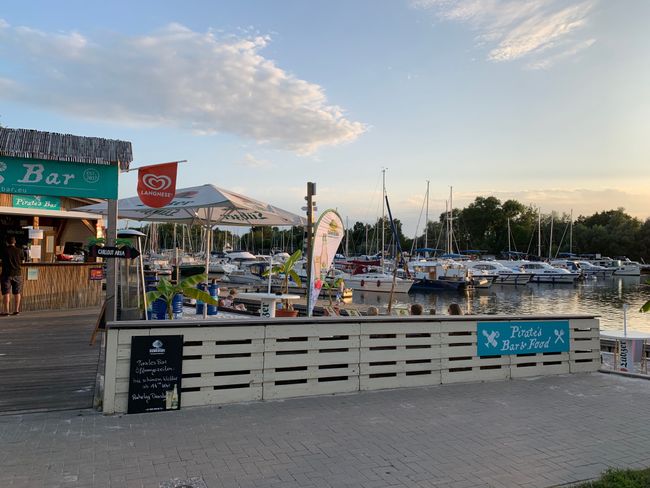
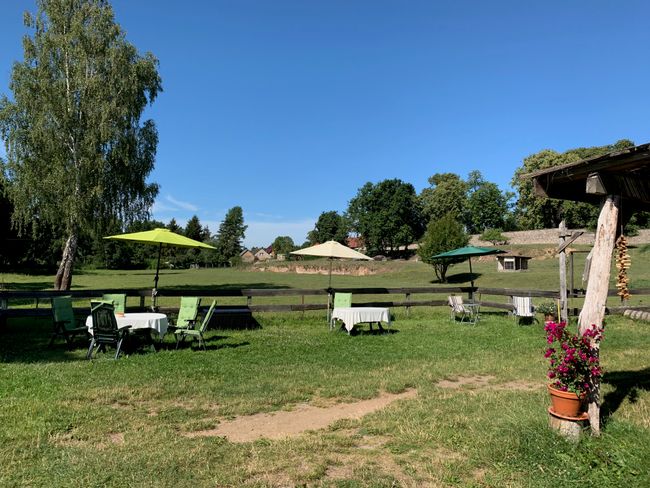
สมัครรับจดหมายข่าว
Unfortunately, I haven't been able to blog for several days due to a lack of Wi-Fi connections (most of our hotels were simply unable to provide a functioning network), or the reports I had already written didn't make it online.
The boating week on the Plötze is already history... It started in the Hafendorf Müritz near Rechlin, in the very south of the Müritz, which is Germany's largest inland lake located entirely within German territory. From there, we went southeast along the Müritz-Havel-Waterway to Mirow, one of the larger communities on the route with corresponding shopping opportunities, and then through the lakes south of it to the Diemitz Lock. From there, the route led east again to Canow, where there is a whole network of smaller and larger lakes. The route continued through several lakes, which are connected by sometimes very narrow and short canals, until we finally reached the town of Fürstenberg. From there, we returned on the same route but with different overnight stops. The most cozy moorings were in Mirow at the castle island and an absolute gem was the mini marina in Canow. A wooden kiosk and a few garden tables in a huge meadow, grazing cows next door, and a view of the small village - like something out of a Scandinavian summer fairy tale...
While boating on the lakes, you can practically anchor anywhere to go swimming because after a thunderstorm evening, two slightly cloudy days, and a rainy evening, it has become real summer. The lakes are pleasantly warm at about 23 degrees Celsius, and the water is absolutely clean, even if it is slightly cloudy due to the peaty ground. And so the days passed like the Plötze fish, and on Friday morning, we already said goodbye to our floating home, to which we had developed a somewhat complicated relationship. The prospect of a hotel room without a pumping toilet, where you can only use a maximum of 2 pieces of toilet paper (which are also maximum two-ply) and where you can stay without claustrophobic tendencies even with two people, now a promising prospect.
However, a word about our host country. We have only met super friendly people here, whether in restaurants, harbors, the strawberry seller in the village square, or the people on other boats who immediately offered help wherever and whenever something didn't go smoothly. Everyone seems to be in a good mood, which may be due to this unique and beautiful water landscape? What do you often hear: North Germans are unfriendly - not true.
After a week, we felt a certain urge to move and the desire to explore the country in other ways - the bags are packed and the bicycles are oiled - towards the Baltic Sea!
สมัครรับจดหมายข่าว
คำตอบ
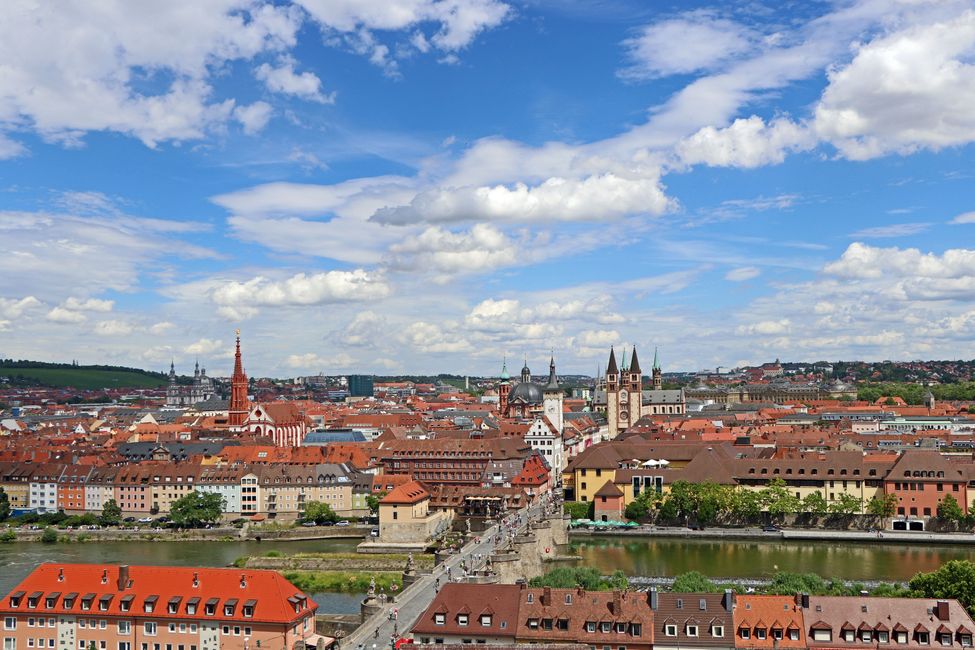
รายงานการเดินทาง เยอรมนี
